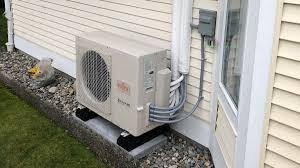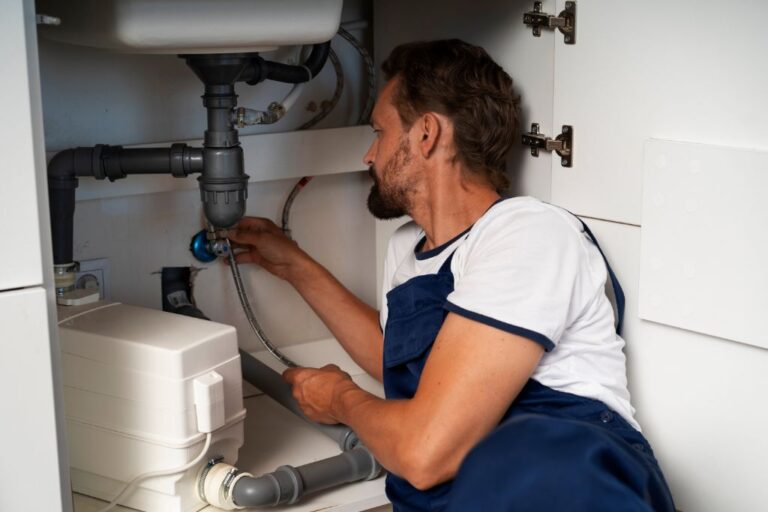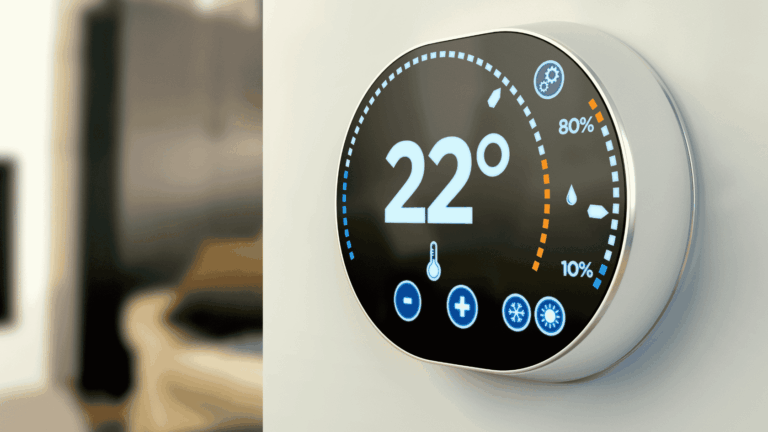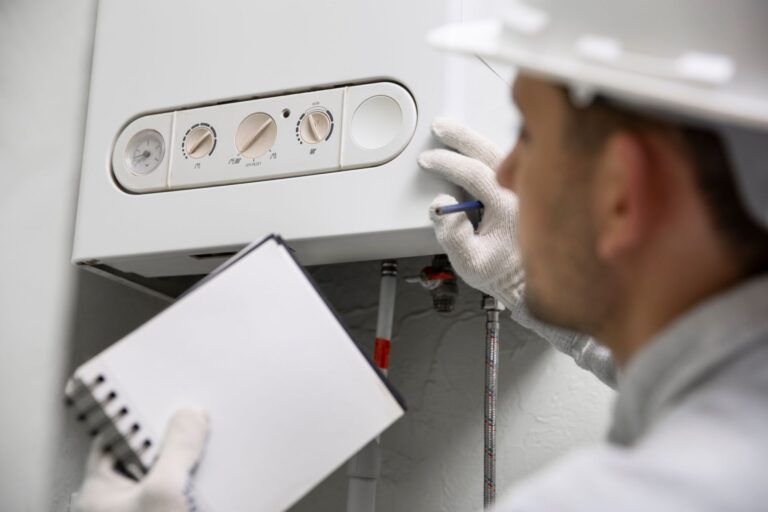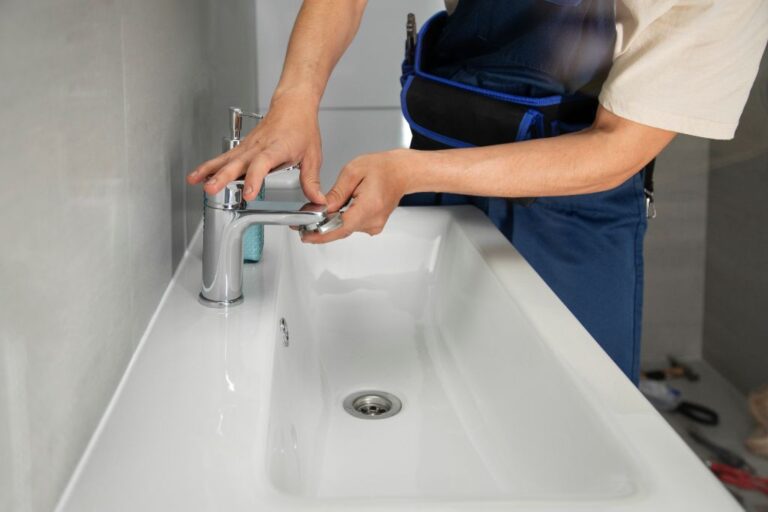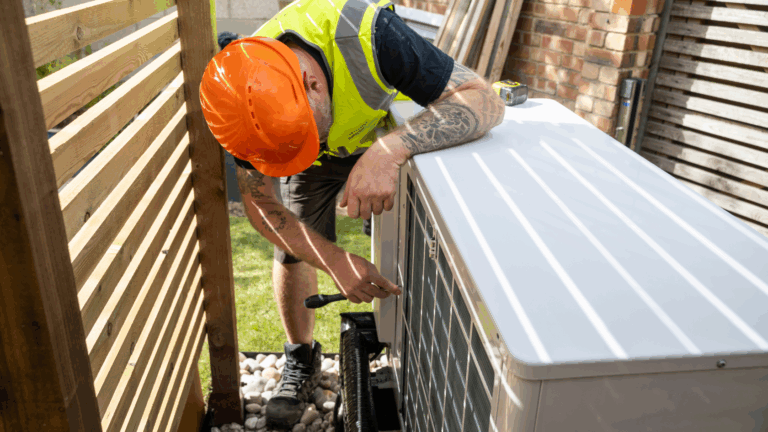Choosing the right heating system for your home is more than just a matter of preference, it can affect your comfort, utility bills, indoor air quality, and long-term maintenance costs. Boilers and furnaces are two of the most common options for whole-home heating in the U.S., but they operate very differently and are best suited for different types of homes and climates.
In this guide, we’ll walk you through how boilers and furnaces work, their pros and cons, energy efficiency comparisons, cost considerations, and how to decide which is the right fit for your needs.
What Is a Boiler?
A boiler uses hot water or steam to heat your home. Water is heated in a central unit and then circulated through pipes to radiators, baseboard heaters, or radiant floor systems. The heat radiates from these elements into the room. Once the heat is released, the water cycles back to the boiler to be reheated.
Boilers are known for providing steady, even heating and are typically found in older homes or colder regions like the Northeast or Midwest. They can be powered by natural gas, propane, heating oil, or electricity.
Common Types of Boilers:
- Hot water boilers (hydronic): circulate heated water.
- Steam boilers: create steam to heat radiators.
- Condensing boilers: capture and reuse waste heat for higher efficiency.
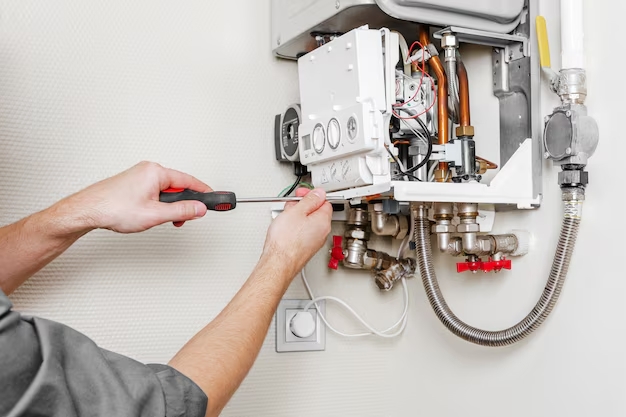
What Is a Furnace?
A furnace heats your home by warming air and pushing it through a system of ducts and vents. Warm air flows into each room through registers or grilles, while cooler air is pulled back through return ducts to be reheated. A blower fan helps move the air throughout the system.
Furnaces run on natural gas, electricity, or oil, and are common in newer homes and regions with milder winters. They’re also popular in the South and West because they can be easily connected to central air conditioning systems, using the same ductwork for both heating and cooling. Modern furnaces are energy-efficient, reliable, and offer consistent heat throughout your home.
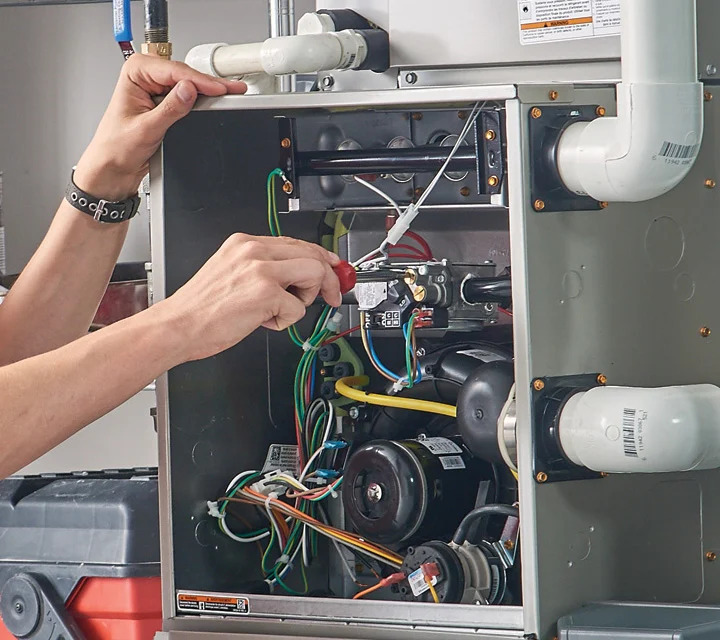
Key Differences Between a Boiler and a Furnace
| Feature | Boiler | Furnace |
| Heating Medium | Water or steam | Air |
| Distribution Method | Radiators, baseboards, or radiant floors | Ductwork and vents |
| Heat Delivery | Slower, more even | Faster, less consistent |
| Air Quality Impact | No airborne particles | Can spread dust/allergens |
| Humidity | Maintains indoor humidity | Tends to dry out air |
| Noise Level | Quiet | Louder due to blower fan |
| Installation Cost | Higher | Lower |
| AC Compatibility | Not typically integrated | Easily combined with central AC |
Factors to Consider When Choosing Between a Boiler and Furnace
- Climate: The weather where you live is important. Boilers work better in colder places because they give steady and comfortable heat for long periods. If you live in a warmer area and only need heat once in a while, a furnace is a better choice. It heats up your home quickly when you need it.
- Existing Infrastructure: Look at what your home already has. If your house has radiators or water pipes for heating, a boiler is the easier option. If you have ductwork (like vents for air conditioning), then a furnace will be easier and cheaper to install.
- Size & Layout of Home: The size and shape of your home matters too. Boilers are great for bigger homes because they spread heat evenly. Furnaces work well in smaller homes or open layouts, where warm air can move around easily and heat up the space quickly.
- Indoor Air Quality Concerns: If someone in your home has asthma or allergies, a boiler is a better option. It doesn’t blow air, so it doesn’t spread dust or allergens. Furnaces do blow air, but you can use special filters or air purifiers to help keep the air clean.
- Budget: If you’re on a budget, a furnace costs less to install and is often easier to set up. Boilers are more expensive at the start, but they can save money in the long run because they use less energy over time.
Boiler vs. Furnace: Energy Efficiency and Cost Comparison
| Aspect | Boiler | Furnace |
| Efficiency Rating (AFUE) | 90%–95% for high-efficiency condensing models | Up to 98% for modern gas models |
| Heat Delivery Method | Radiant heat through water pipes (no ducts) | Forced air through ductwork |
| Energy Loss | Minimal heat loss (no ducts to leak heat) | 20–30% energy loss possible through ducts |
| Best Climate | Cold climates with long heating seasons | Mild to moderate climates with occasional heating needs |
| Fuel Options | Natural gas, heating oil, electricity | Natural gas, electricity, propane |
| Fuel Cost Impact | More cost-effective if natural gas is available | Costs more if using electricity; natural gas is more budget-friendly |
| Installation Cost | Higher upfront cost ($5,000–$10,000) | Lower upfront cost ($3,000–$7,000) |
| Operating Cost Over Time | Can be lower long-term due to efficiency and steady heat | May be higher, especially if ducts are leaky or electric power is used |
| Air Quality Impact | Better for allergies (no air movement, less dust circulation) | Can circulate allergens unless HEPA filters or purifiers are used |
| Maintenance Needs | Less frequent (no filters or fans to service regularly) | Requires regular filter changes and duct cleaning |
Which System Is Right for Your Home?
Choosing between a boiler and a furnace ultimately depends on a combination of factors, including your local climate, existing infrastructure, budget, and comfort preferences. Let’s explore each option more thoroughly to help you make the best decision for your specific needs.
Choose a Boiler If:
- You Prefer Consistent, Quiet, and Dust-Free Heating: If you’re sensitive to air quality or want peaceful operation, boilers are the better choice. Because they don’t rely on forced air, they don’t circulate dust, allergens, or pet dander making them great for households with asthma sufferers or anyone prone to allergies.
- You Have Radiators or In-Floor Heating Already Installed: Replacing an existing boiler system is much more cost-effective than switching to a furnace, which would require installing ductwork and vents. If your home already uses radiators, baseboard heaters, or radiant flooring, sticking with a boiler is typically the most efficient and practical option.
- You Value Long-Term Efficiency Over Short-Term Cost: Boilers tend to have higher upfront installation costs, but their durability and energy efficiency can lead to significant savings over time, especially in cold climates where the heating system is used frequently and extensively.
- You Want Zoned Heating Control: Boiler systems are typically easier to configure into separate heating zones, allowing you to heat only specific areas of the home and save energy.
Choose a Furnace If:
- Your Home Already Has Ductwork: Homes with existing central air conditioning often already have a duct system in place. Installing a furnace becomes straightforward and more affordable since you won’t need to modify the home’s heating infrastructure.
- You Want Faster Warm-Up Times: Furnaces can deliver heat to your entire home in a matter of minutes. If your household tends to turn the heat on and off frequently or prefers instant warmth, a forced-air furnace is the better choice.
- You’re Working with a Tight Budget: Furnaces typically have a lower upfront cost than boilers both in terms of equipment and installation. If you’re upgrading or installing a new heating system on a limited budget, and your home supports it, a furnace may be more feasible financially.
- You Need Heating and Cooling in One System: A major advantage of furnaces is that they’re easily integrated with central AC systems, allowing both heating and cooling to be handled through the same ducts. This can reduce installation and service complexity and save space in your utility area.
Need Help Choosing the Right Heating System?
At Steve & Weber Plumbing & Heating, we’ve been helping homeowners find the perfect heating solutions. Whether you’re considering upgrading your old boiler, switching to a high-efficiency furnace, or just need expert advice tailored to your home and budget, we’re here to help.
Call Steve & Weber Plumbing & Heating today at 518-201-0948 or visit our website to schedule your free in-home consultation.

